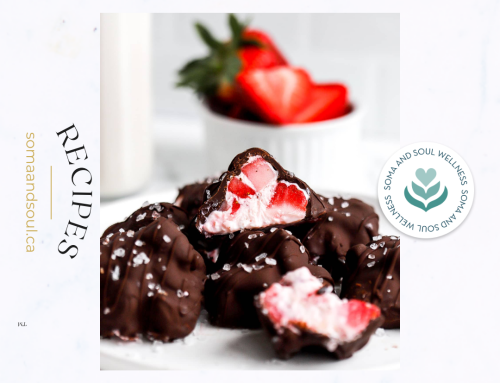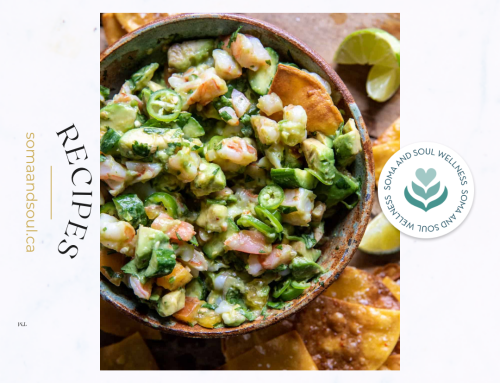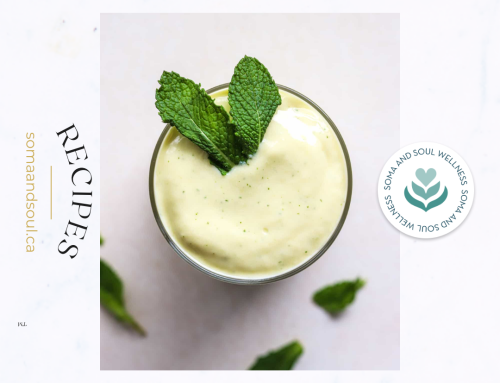It needs to be said. Allergy season feels like it lasts all year round. Allergy symptoms peak in late April from tree pollen, then, again in May to July from grass pollen and finally, between August and late Fall with ragweed. By the time allergies are ending its cold season. Some might be fortunate and only be affected by one of the allergy seasons, where as others like myself, have a history of fighting these cold-like symptoms for most of the year.
A quick choice most of us have made at one time or another is to take over the counter antihistamine drugs. The relief from the drug eventually comes but then you are left with that tired feeling and other possible side effects until the drug wears off forcing you to repeat the cycle. An alternative way that can help reduce your symptoms is by incorporating some whole food choices into your diet. By optimizing your diet you can strengthen your immune system through the GI tract and alleviate your allergy symptoms.
My top choices are:
- Apples:
Apples just might be the perfect food for the body. They contain fiber, vitamins, minerals, and many antioxidants. One antioxidant, quercetin, is especially important when it comes to allergies. Quercetin inhibits mast cell activation and histamine release which can help improve allergy symptoms. For apples quercetin is found in the skin of apples. - Garlic:
Garlic is known to have many health benefits, among those are its anti-histamine qualities. Histamine is released when an allergen enters the body and is what causes stuffy noses, sinus pressure and watery eyes. Garlic functions by helping the body manage the histamine release and by breaking down histamine faster. In addition to including garlic in all your meals, you can also take garlic as a supplement. Before doing this please talk to your healthcare practitioner to make sure it is right for you. - Onions:
Much like apples onions contain a high source of quercetin. As there are many types of onions, the best source of quercetin comes from red onions. - Red or Yellow Bell Peppers:
As a very high source of vitamin C, these bell peppers help in reducing the amount of histamine that is produced. Vitamin C also helps the body to absorb quercetin. Because vitamin C does not stay in the body for long periods, foods rich in vitamin C should be eaten throughout the day (preferably one to two servings of fruit/vegetable in each meal during allergy season). - Trout:
Trout is a good source of vitamin A. This vitamin boosts your immune system and helps to suppress histamine release. While vitamin A can be found in vegetables and fruits, many people have a hard time converting this to the type of vitamin A that the body can use. Animal sources provide a more bioavailable source that can be easily used by our bodies. Also, it should be noted that if you plan to take vitamin A as a supplement, prolonged use can lead to toxicity. Please talk to your healthcare provider to make sure this is right for you.
When thinking about how to manage your allergies it is always important to first consider what you are eating. A diet including the foods listed above as well as low histamine foods can assist in minimizing the need to take over the counter antihistamines and enjoying allergy season without worrying about the pollen count.
If you are looking for support with your allergy concerns book a quick call. I am happy to help share my nutritional advice.
All the best in health,
Sean Hew Wing, CNP




